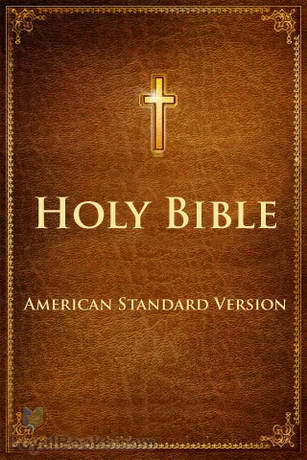The Book of Zephaniah, as translated by the American Standard Version, offers a powerful message of warning and hope. The prophet Zephaniah speaks of the impending judgment on Judah and the surrounding nations, highlighting the consequences of their sins and the need for repentance.
Throughout the book, Zephaniah portrays God as a just and righteous judge who will not tolerate wickedness. The vivid imagery and strong language used by the prophet serve as a stark reminder of the consequences of turning away from God.
Despite the dark themes of judgment and destruction, Zephaniah also offers a message of hope and restoration. He speaks of a future time when God will gather the remnant of His people and restore them to their land. This message of redemption serves as a beacon of light in the midst of the impending darkness.
Overall, the Book of Zephaniah is a challenging yet hopeful read. It serves as a reminder of the consequences of sin and the importance of staying faithful to God. The translation by the American Standard Version maintains the gravity and power of the original text, making it a valuable resource for readers seeking to delve deeper into the prophetic words of Zephaniah.
Book Description:
The superscription of the Book of Zephaniah attributes its authorship to “Zephaniah son of Cushi son of Gedaliah son of Amariah son of Hezekiah, in the days of King Josiah son of Amon of Judah” (1:1, NRSV). All that is known of Zephaniah comes from the text. The superscription of the book is lengthier than most and contains two features. The name Cushi, Zephaniah’s father, means ‘Ethiopian’. In a society where genealogy was considered extremely important because of God’s covenant with Abraham and his descendants, the author may have felt compelled to establish his Hebrew lineage. In fact, this lineage is traced back to Hezekiah, who was king of Judah. The author of Zephaniah does not shrink from condemning the Cushites or Ethiopians. Chapter 2:12 contains a succinct but unequivocal message: “You also, O Ethiopians, / Shall be killed by my sword.” Zephaniah’s familial connection with King Hezekiah may have also legitimized his harsh indictment of the royal city in 3:1-7.
